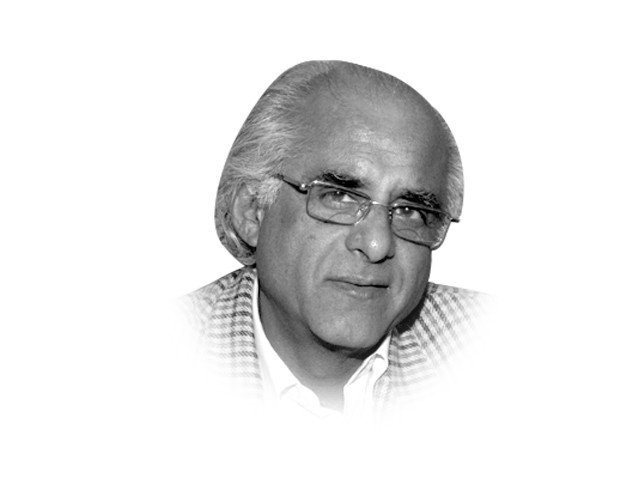The dog’s grave
Stanley Raikes, records the story of an honourable dog and his Brahui master in Folk Tales of Scinde and Guzerat.

The dog’s grave
On its flat, wind-scoured summit there sits a pile of limestone nodules in the shape of a grave under which, so they say, lie the remains of the Brahui’s dog. Stanley Napier Raikes, records the story in Folk Tales of Scinde and Guzerat (circa 1855) . It was a clever and devoted animal that lived with this unknown Brahui hillman. In need of money, the man one day pledged his dog to a bania in town. As he was leaving with the loan, the Brahui instructed his dog to serve its new master with unstinting loyalty until he reclaimed him by making good the debt.
Now, one night as everyone slept, some thieves broke into the bania’s home and decamped with everything the man owned. The morning after, having discovered the robbery, as the man was beating his chest, the dog came around to lead him and his family to a place outside town where the thieves had secreted the loot. Pleased with the dog, the bania wrote out a slip of paper to tell the Brahui that his debt was redeemed. Tying the slip around the dog’s neck, he told it to go to its master.
Meanwhile, even as the dog delightedly raced homeward, the Brahui had come into some money and was on his way down to the bania’s. Master and pet met somewhere on the Khirthar slopes. Horrors! The dog has deserted the bania, thought the Brahui. It had brought dishonour to him. Overcome with disgust, the Brahui held out his open palm with fingers outstretched (‘bhondo’ in Sindhi, ‘khulla’ in Punjabi) in abuse.
The humiliation was too much for the proud animal: it fell down dead in its tracks. As the Brahui came up to the corpse he saw the slip of paper. There was no end to his grief when he discovered that his dog had done more for him than he had asked and that his unthinking abuse had killed the proud animal. The Brahui, so the legend goes, carried his dog to the highest peak in the area and there buried it to be celebrated forever more for its dignity.
My Sindhi friends, with whom I travelled on our pilgrimage to the Dog’s Grave, said the idea of the story was to celebrate the animal for its lofty character. What a dog, they had said in admiration as we stood by the stony pile. One ‘bhondo’ and it died of shame. And here we were, claiming so much for ourselves, facing the worst kind of humiliation day in and day out with nary a woman or a man to die from it. If the Brahui gave his dog so grand a funeral and buried it on this high peak, the animal certainly deserved it, if not better.
Someone in our party observed, ‘If the dog was so honourable, imagine what a man its master would have been.’ And I suddenly saw the raison d’être of the story. This was a tale crafted by Brahui hill shepherds, poor, honest and dignified. This was their desire to be acknowledged for what they were. It was their celebration of their own sense of honour, their sense of never breaking a pledge and of condemning wrong even when committed by their own. If they had dogs such as the one lying under the pile of stones on that high peak, the Brahuis themselves must be people of the truest honour.
But we have come a long way since the Brahui and his dog. Now no wrong is wrong as long as my loved ones and I commit it. There is no shame in the most disgusting, brazen felony, or in breaking a pledge. Indeed, we break a pledge with the same sense of feigned piety as we break our fast of Ramzan. No, we cannot match the Brahui’s dog.
Published in The Express Tribune, December 3rd, 2011.
















COMMENTS
Comments are moderated and generally will be posted if they are on-topic and not abusive.
For more information, please see our Comments FAQ